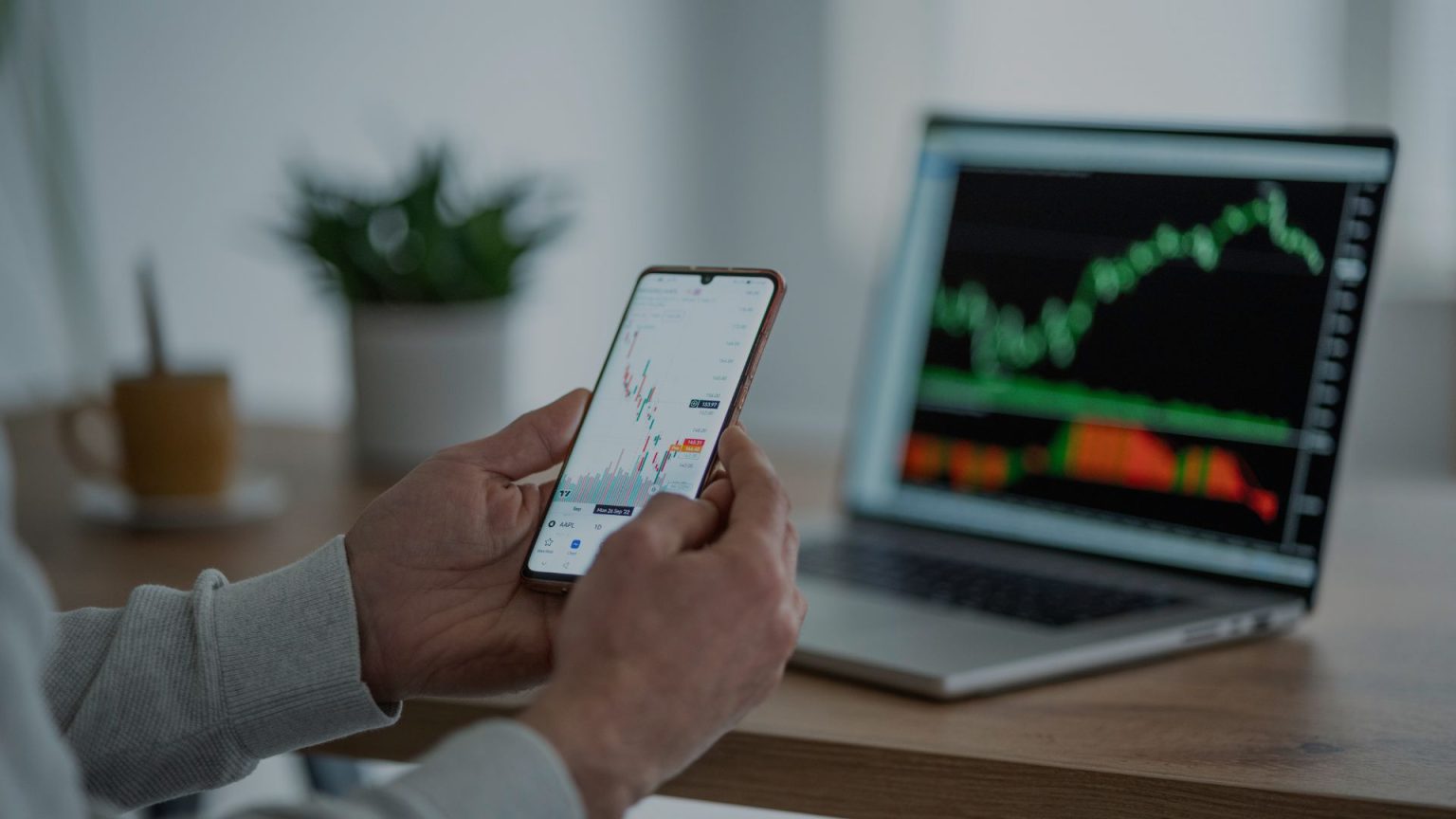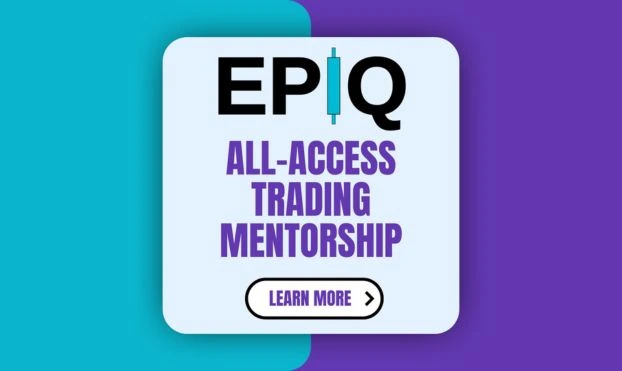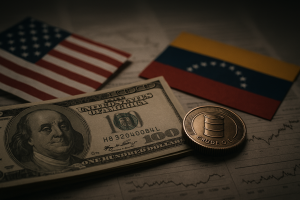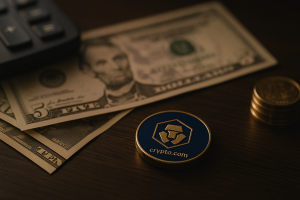In recent years, funded trading programs have exploded in popularity — offering everyday traders the chance to manage six-figure capital without risking their own money.
But is funded trading too good to be true?
What’s the catch?
And who is it actually a good fit for?
In this article, we’ll break down exactly what funded trading is, how it works, and the real pros and cons so you can decide whether to take the challenge — or stay in your own lane.
📊 What Is Funded Trading?
Funded trading is when a proprietary trading firm (a “prop firm”) gives you access to their capital after you pass a trading evaluation or challenge.
The idea is simple:
- You take a challenge account (usually with a demo balance of $10K–$200K).
- You trade according to the firm’s rules (like profit targets, max drawdowns, and time limits).
- If you pass, you’re given access to a funded account and earn a percentage of profits (typically 70%–90%).
Popular funded platforms include:
- FTMO
- MyForexFunds (before regulatory shutdown)
- FundedNext
- TopStep
- The5ers
- True Forex Funds
- Many others
✅ Pros of Funded Trading
1. Trade with Bigger Capital
Most retail traders are undercapitalized. With a funded account, you can manage $50K, $100K, or even $500K, giving you the ability to scale your trading — without risking your own funds.
2. Lower Financial Risk
While you’ll typically pay a one-time challenge fee, you’re not risking tens of thousands of dollars. You lose the fee if you fail — but not your life savings.
3. Earn Real Money from Simulated Capital
Funded firms give you simulated capital, but the profits are real. If you’re consistent, you can earn thousands per month — even on a demo-linked backend.
4. Improves Discipline & Structure
Because of strict rules, funded trading forces you to stick to a plan, follow risk management, and avoid emotional overtrading.
5. No Need for Marketing or Clients
You don’t need to build a social media brand, find investors, or manage other people’s money. Just trade.
❌ Cons of Funded Trading
1. Strict Rules and Drawdown Limits
One of the biggest challenges is daily or max drawdown rules. Even a couple of bad trades can blow your chance — even if your strategy is profitable long term.
2. Time Pressure
Many firms have timed challenges, like 10 or 30 trading days. This can push traders to force trades or over-leverage to meet goals.
3. Delayed Payouts or Platform Risk
Some firms take weeks to pay out. Others have been shut down by regulators. You don’t control the backend — which means your payout is only as secure as the platform you’re using.
4. Psychological Pressure
Knowing you’re being evaluated — or risking losing a funded account — can create anxiety, even if you’re normally a calm trader.
5. Not All Profits Are Yours
You’ll likely split profits with the firm — typically 10%–30% of what you make goes to them.
🤔 Should You Try Funded Trading?
Funded trading can be a game-changer if:
- You have a solid strategy and just need more capital
- You’re risk-averse and don’t want to trade your own money
- You thrive under structure and rules
- You’ve practiced in demo or small accounts and want to level up
It might not be right for you if:
- You’re new and still inconsistent
- You don’t fully understand drawdown and position sizing
- You get anxious under pressure
- You rely heavily on discretionary setups
🚀 Want to Become a Funded Trader?
At EPIQ Trading Floor, we don’t just teach you how to trade — we teach you how to become funding-ready.
Inside EPIQ, you’ll get:
✅ Daily trade alerts you can apply to challenge accounts
✅ Risk management systems to pass prop firm rules
✅ Smart money concepts to increase trade precision
✅ Members only livestreams every Tuesday & Thursday
✅ Support from a community of traders who’ve already passed funded challenges
🎯 Start your 3-day free trial today → epiqtradingfloor.com
Learn the strategies that help you pass and stay funded for the long term.
⚠️ Disclaimer:
This content is for informational purposes only and does not constitute financial or investment advice. Funded trading involves risk and requires a strong understanding of trading mechanics and discipline. Always do your own research.










Responses